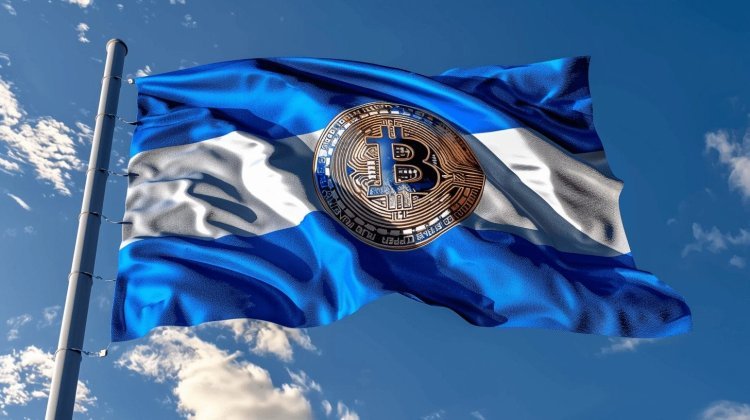IMF Urges El Salvador to Reassess Bitcoin Law Amid Ongoing Economic Negotiations
The International Monetary Fund has urged El Salvador to reevaluate its Bitcoin policies and enhance cryptocurrency regulations as part of ongoing negotiations aimed at stabilizing the nation's economy. The IMF's concerns focus on the risks associated with Bitcoin as legal tender and emphasize the importance of improved risk management measures. El Salvador's response to these recommendations will be critical in shaping its financial stability and may influence the future of cryptocurrency regulations in the region.

IMF Urges El Salvador to Reassess Bitcoin Law Amid Ongoing Economic Negotiations
The International Monetary Fund (IMF) has called on El Salvador to reconsider its Bitcoin policies and strengthen its cryptocurrency regulations. In a press conference held on October 3, Julie Kozack, the director of the IMF’s communications department, discussed the collaborative efforts between IMF staff and Salvadoran officials aimed at finalizing a new support program intended to stabilize the nation’s economy and implement growth-focused reforms.
The IMF’s recommendation arises from concerns regarding the risks associated with using Bitcoin as legal tender. By acting on this guidance, El Salvador could create a more stable economic environment that attracts foreign investment and fosters sustainable growth. Conversely, ignoring these suggestions may impede the country’s economic recovery and inject uncertainty into the cryptocurrency market.
Importance of Strengthened Risk Management
The IMF emphasized the need for improved risk management measures related to Bitcoin in its ongoing discussions with El Salvador. These recommendations are designed to mitigate the potential dangers posed by Bitcoin as legal tender. If implemented, these measures could help establish a more secure economic framework, allowing the nation to manage its cryptocurrency strategy responsibly and sustainably.
Kozack also highlighted that El Salvador's budget proposal for 2025 represents a positive step toward enhancing public finances. If executed effectively, these financial adjustments could contribute to a more stable economic environment, encouraging investment and supporting economic growth.
Ongoing Concerns Over Bitcoin Adoption
The IMF has consistently expressed apprehension regarding El Salvador's adoption of Bitcoin as legal tender since the law was enacted in September 2021. The organization cautioned that Bitcoin's inherent volatility could lead to financial instability and pointed out the lack of consumer protections in cryptocurrency transactions. Furthermore, the IMF noted that such innovations could complicate future financial assistance from the organization.
As of August 2024, although no major risks have materialized, the IMF continues to advocate for improved transparency and risk management related to Bitcoin. The organization has acknowledged that additional efforts are necessary to address potential fiscal and financial stability issues linked to El Salvador's Bitcoin initiative.
Failing to heed these warnings could result in persistent economic challenges and diminish El Salvador's prospects for obtaining future international financial support. Conversely, if the nation successfully aligns its policies with the IMF's recommendations, it could set a global precedent for integrating cryptocurrencies into national economies while ensuring financial stability.
Click Here to Visit
What's Your Reaction?
















